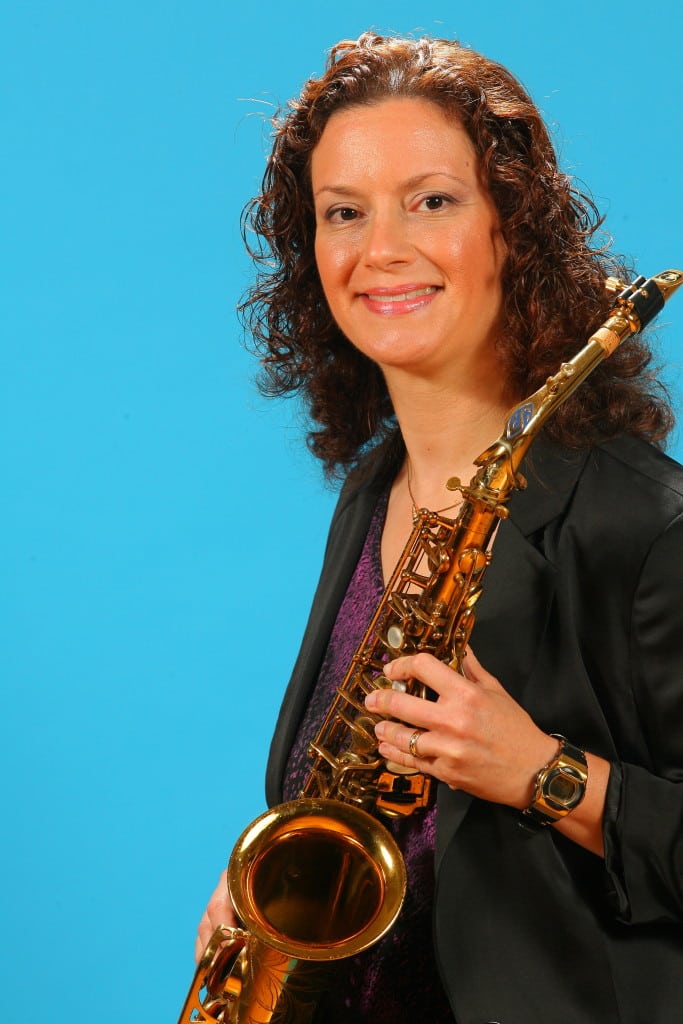
Buying your child a musical instrument is a great investment, but choose your instrument with care. PHOTO BY DARK DWARF
The holidays are at hand and you want to surprise your musically inclined child with a brand-new instrument. Or maybe your rental is due in a month and you would rather put money into an instrument you own. First, I want to applaud you for making this important investment into your child’s musical education and enrichment. A top-quality instrument can provide enjoyment for many years.
But what do I look for?
Don’t all new instruments work fine?
Why so many different brands and models?
How can I tell which one is best?
Before you pull out the credit card, take my advice about these crucial questions:
How can I tell which musical instrument is best for my child?
You can’t answer this question online. You will come across lots of websites where people are recommending particular brands based upon their experiences. Keep in mind that some of these sites are from music retailers. While some have great information to aid you with your research, they also often push brands they have in stock, and not necessarily the best.
The only way to answer this question accurately is for your child to physically try out the instrument. There’s no getting around it.
It needs to feel good in his or her hands, and needs to expectations for tone quality, ease of playing, durability, and ability to be repaired.
If your child is a beginner, and does not have a clear concept of how he or she wants to sound or doesn’t yet have enough technique to play in most registers of the instrument, ask your child’s teacher to try out instruments with you. The teacher can check the instrument for issues and play through its full range; the student can then try it out and check for feel, weight, etc.
Please keep in mind that you are asking teachers for their time and guidance. It would be appropriate to pay them for their extra efforts at a rate that you would pay a private teacher per hour.
Why can’t we just buy an instrument on eBay?
You can, but if I were you, I wouldn’t. I have purchased two trumpets and four saxophones (alto, tenor and soprano) on Ebay, so why am I recommending that you don’t?
I knew what to look for and exactly the brand, model and even serial numbers I was looking for. I knew, by the descriptions and pictures, what dents or problems would not be good to deal with and which ones were fixable. I knew what questions to ask regarding the condition of the instrument, as well as what price range was acceptable.
When possible, I bought from Music Stores that had eBay stores, because they often offer limited warranties. I also had access to great repairmen who could double-check the instruments and make sure I got a good deal.
What if we have problems with the instrument, or it breaks?
Purchase your child’s instrument through a store with a good repair person, or build a relationship with an independent repair person you trust. Before buying a particular instrument, ask: If my instrument breaks, do you have the parts to fix it, and if not, can you get the parts?
A saxophone has more than 600 moving parts. For trumpets, the valves are the most important part. If they don’t move, you have a glorified bugle. For trombones, it’s all about the slide. Some instruments are made with parts that are sub-standard and cannot be replaced.
Unfortunately, this is true of a lot of beginner instruments. When one of these instruments breaks, the repair person cannot fix it, and you essentially have a useless instrument. The only way to know if the instrument you want to buy has the sub-standard parts is to ask someone knowledgeable.
 Buying an instrument is an excellent investment. To get the most for your money, doing some simple research before going to the store (or internet site), knowing how and how long the instrument will be used, and knowing the right questions to ask when trying out the instrument will help you make the most informed decision possible.
Buying an instrument is an excellent investment. To get the most for your money, doing some simple research before going to the store (or internet site), knowing how and how long the instrument will be used, and knowing the right questions to ask when trying out the instrument will help you make the most informed decision possible.
Donna Schwartz has been teaching band, jazz band and general music in public schools for more than 14 years, and private brass and saxophone lessons for more than 27 years. She has performed on saxophones and trumpet at such notable venues as the House of Blues in Anaheim, The Orpheum Theatre, City National Grove of Anaheim and The Paramount. Her website, www.DonnaSchwartzMusic.com, includes tips for beginning musicians.






































